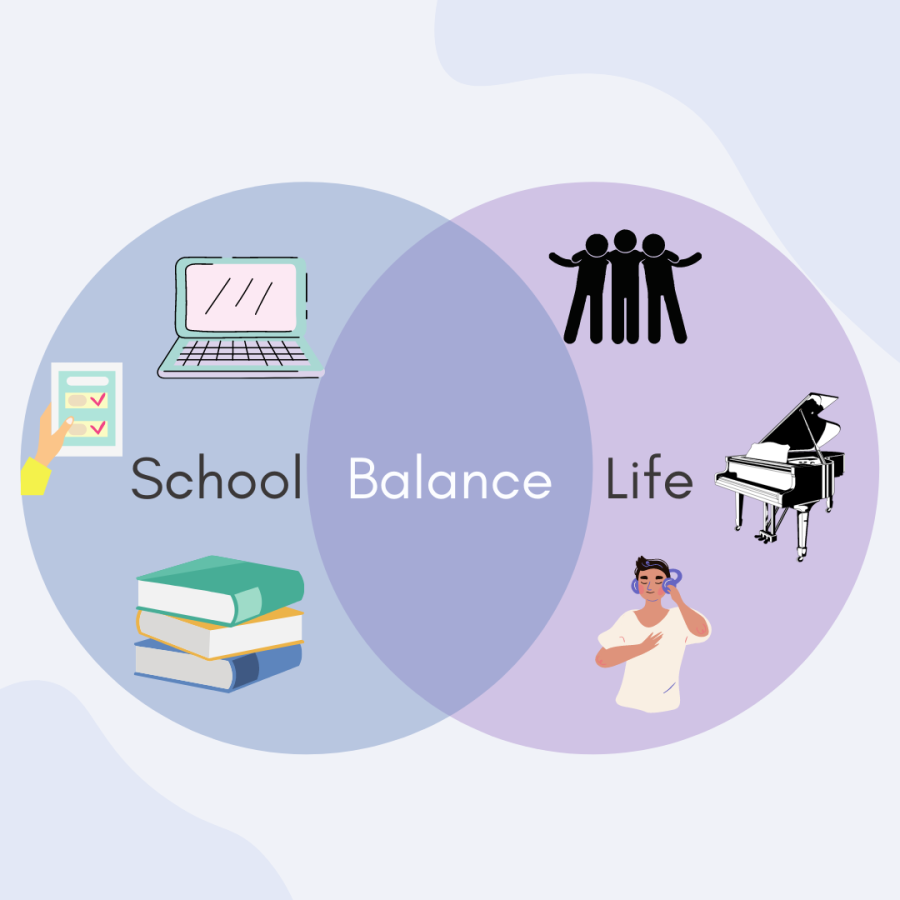Do You Get Enough Sleep?
September 10, 2021
Studies show that teenagers don’t get nearly as much sleep as they should. According to Kidshealth.org, a teen is supposed to get between eight to ten hours a night in order to maintain optimum focus and a positive mood throughout the day. Unfortunately, many only get about 6.5-7.5 hours of sleep a night. Some of us get even less than that, depending on homework and working.
I surveyed a group of students and staff here at Carolina Forest some questions to get their input about how they sleep. About fifty percent of roughly sixty students said that they believe teenagers need about 6-7 hours of sleep a night.
Abigail Tacket, a sophomore, stated that not getting enough sleep tends to make her fall asleep in the classes she is in and is not able to pay attention and stay alert.
Many people might ask, why is it so hard to fall asleep early?
According to childmind.org, a mother of a 16-year-old daughter, says,” The reasons are multiple but when you add together 45 minutes of homework per class per night, plus a few extra-curricular activities, plus the downtime spent everyday watching a John Green video on YouTube or chatting with friends, and a normal amount of procrastination, it adds up to between 5 and 7 hours of sleep on an average school night.”
Matthew Stone, a senior, explained, “I feel more emotionally volatile and finds it a lot harder to function when he does not get enough sleep.”
According to eatingwell.com, “Several studies hint that averaging five hours or less sleep per night can increase risk for mortality by 15%compared to well-rested peers.”
Logan Foley, a certified sleep science coach and the managing editor for the Sleep Foundation in Seattle, explains that having a calming and comfortable room can increase your ability to sleep and helps keep good sleep hygiene. Your bedroom should be an environment that makes you comfortable because it plays a key part in your sleep schedule. This includes layout, design, smell and sound.
Studies from eatingwell.com, show that blue, pastel and green colored walls tend to make people obtain more sleep than others. These colors can make you feel serene, sleep longer, increase your calmness level and lend you natural vibes.
Researching this topic and hearing input from students and teachers made me realize how important sleep really is. Make sure you are getting eight to ten hours of sleep every night!




































